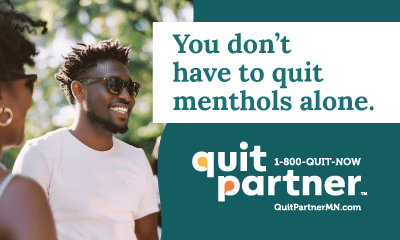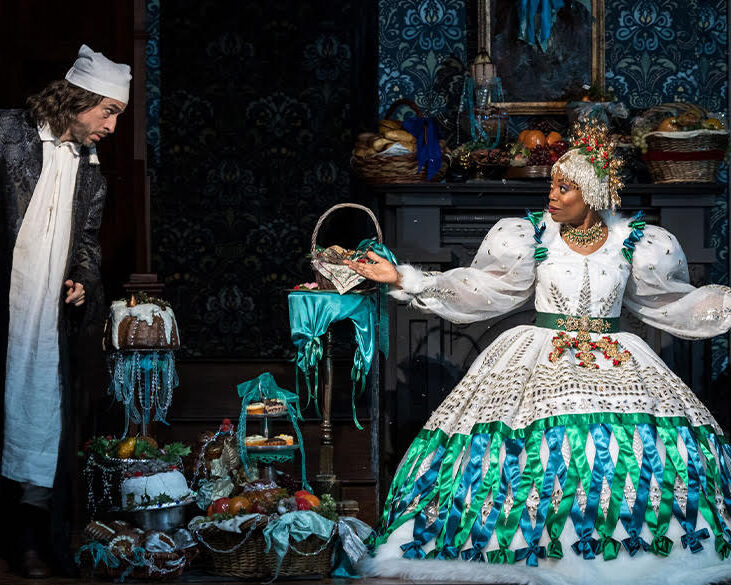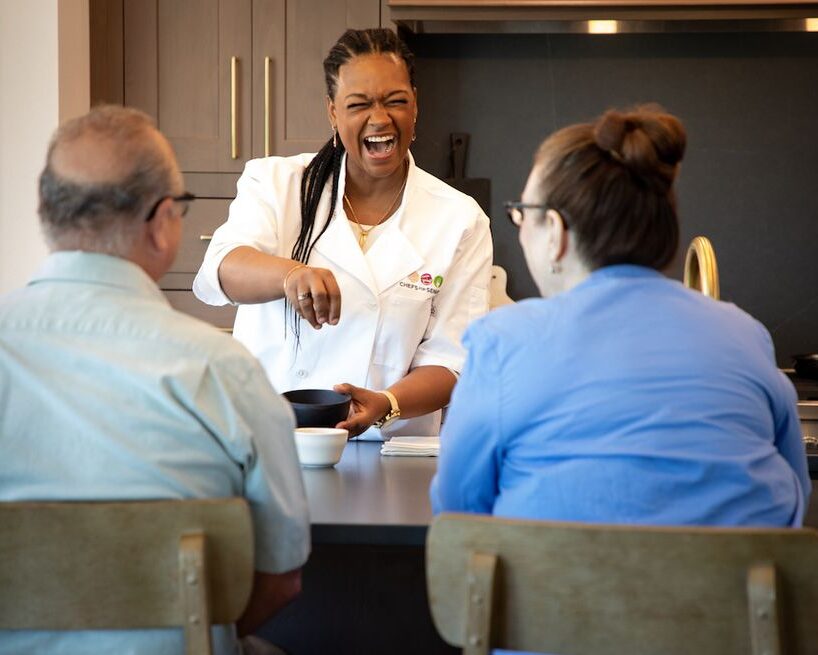“What are you?” This is a question I have been asked dozens of times. It has always been hard for me to form an answer. There was a period of time in the ’70s and ’80s when I believed the right answer was to just say,“I am black.” And feign surprise. I was like why would you even ask? Isn’t it obvious to everyone that I am a proud Afro-American? Can I tell you the truth? Sometimes I lied just to make it easier. I also lied to hide “white guilt.” Yes, some of us biracial people are aware that vaguely somehow we have half-white privilege. Some of my white ancestors were British blue bloods and they were heavily involved in the enslavement of Africans. Once that fact came out, I lost black friends. Lots of them. Both that and my new interest in dating white men have made me a pariah in the “conscience” black community—the spoken word artists, poets, those with only natural hairstyles. I found solace with them for years. But whites are maligned in that community as “devils” “jinn” or simply evil. We all know they hate us. Right? So I started lying. Sitting in a café one day a darker skinned woman asked me, politely, “What are you mixed with?” I was relieved since I knew that meant that my black heritage had been acknowledged. She just wanted to know what else was in the mix. “Native American,” I lied. “Oh, what tribe?” I had to think quickly as all liars do. I came up with the textbook answer. “Cherokee.” She smiled at me. “Cool.” That’s when it started. The lies. I have a variety of different hairstyles I cycle through. At times my hair is long down to my waist and I wear it in a braid. With that look, Native Americans ask me “What Nation are you from?” “Dakota,” I lied again. I knew what would happen if I said half-white. The person asking me would change their expression from polite friendly to slight disgust. Very slight change. One only I would notice. In law school I made lots of friends who were immigrants from various African countries: South Africa, Cameroon and Nigeria to name a few. They accepted me without hesitation. We partied together although I was always careful not to drink too much. One night, we were at a bar in Brooklyn Park, a popular night spot among African immigrants. And then it happened. All eyes were on me. I was caught off guard. My female friend from South Africa asked me, “What side are you on? White or black?” All the feelings of white shame came swirling in. I began to sweat and stammer a bit. I knew if I gave the wrong answer, there would be consequences. Then one of African male friends noticing my discomfort, decided to add to it. “We do really need to know what side you are on. Black or white? If there was a war what side would you fight on?” I had never been asked that question point blank before. With African Americans I felt accepted as light skin black. If I was with them it was obvious that I was on the black side enough to hang out with them. They simply never asked. I looked around nervously as if I might find the answer in the sea of African faces. Suddenly I felt alien. The question itself was a threat and a challenge. It meant that they didn’t trust me. I had to be interrogated to discover my true motives. I thought about apartheid, Jim Crow and slavery. I thought about parts of my white family, liberal even radical lefties. Supporting all righteous causes. I knew the only way out was to avoid the questions. I smiled and pretended I didn’t quite understand and then excused myself for a bathroom break. I counted on the endless rounds of tap beers and spicy chicken wings to lighten their moods and make them forget about the “Biracial Problem.” That was me. Sure enough, when I returned to the table, the conversation had moved on. I gave a huge sigh of relief. My South African friend went on about how she hated to date African men because they were so oppressive and controlling. “Would you ever date a white man?” I asked. She laughed out loud, “Oh my god, of course not.” “Me too,” I agreed. Even though I was starting to have doubts about that stance. I just realized that the question itself was taken as insanity on my part. My African male friend laughed it all off, confident in his masculine identity. Labels have always bothered me. Mulatto, half-breed, mixed, multiracial, high yellow, yellow bone, metis, light skinned, other. Moaning about it makes me feel like I am crying over spilled milk and denying my half-class white privilege.






















